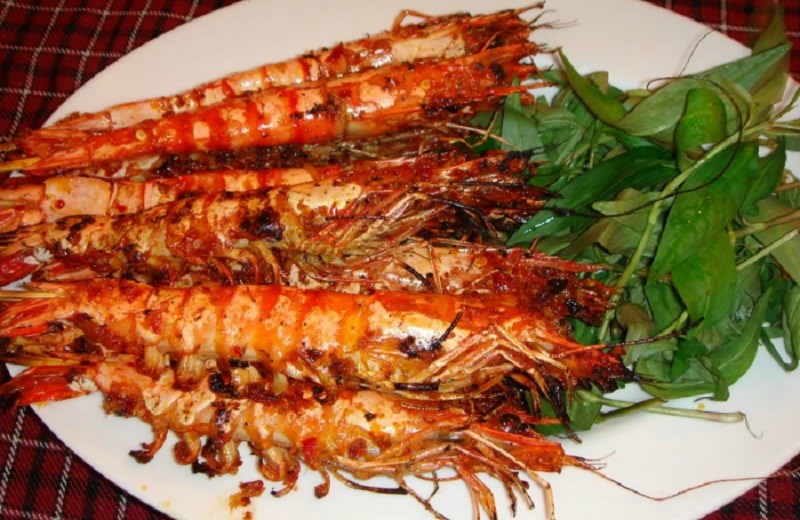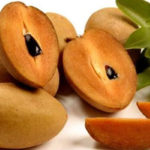Important Considerations When Consuming Persimmons
- Avoid Consuming Persimmons on an Empty Stomach
- Avoid Persimmons if You Have Diabetes
- Avoid Consuming Persimmon Skin
- Avoid Combining Persimmons with Goose Meat
- Avoid Combining Persimmons with Alcohol
- Avoid Combining Persimmons with Sweet Potatoes
- Avoid Combining Persimmons with Seafood
Ingesting persimmons on an empty stomach can lead to the formation of gastric stones due to the presence of tannin and pectin. These stones may potentially cause digestive tract obstruction, resulting in symptoms such as abdominal pain, nausea, vomiting, and even bleeding. Surgical intervention may be necessary to remove these stones. It is advisable to consume persimmons when the stomach is not empty to prevent harm to the digestive system.

Persimmons contain high amounts of simple sugars, including sucrose, fructose, and glucose. These sugars are readily absorbed and can raise blood sugar levels. Therefore, individuals with diabetes or poor blood sugar control should refrain from consuming persimmons.
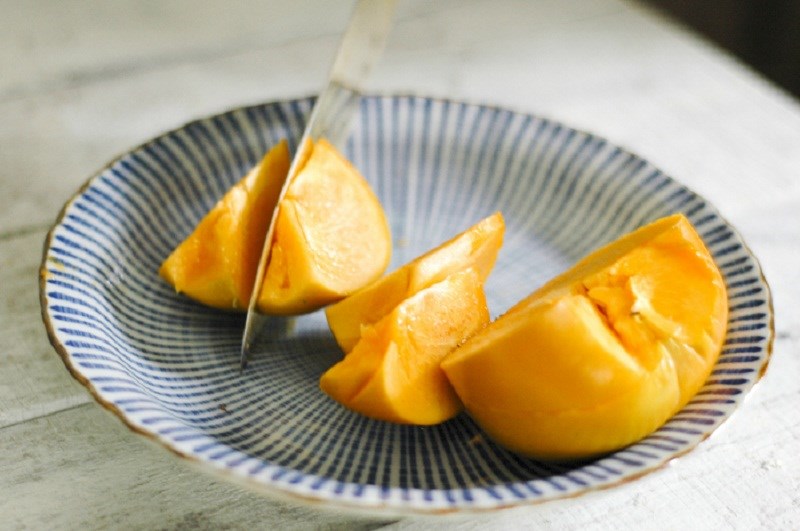
The skin of persimmons contains a concentrated amount of tannin. Even if attempts are made to remove the astringency, it is impossible to completely eliminate the tannin content. Consumption of persimmon skin can lead to stomach harm as tannin may form sediment. To safeguard your health, it is essential to peel the skin and only consume the peeled persimmons.
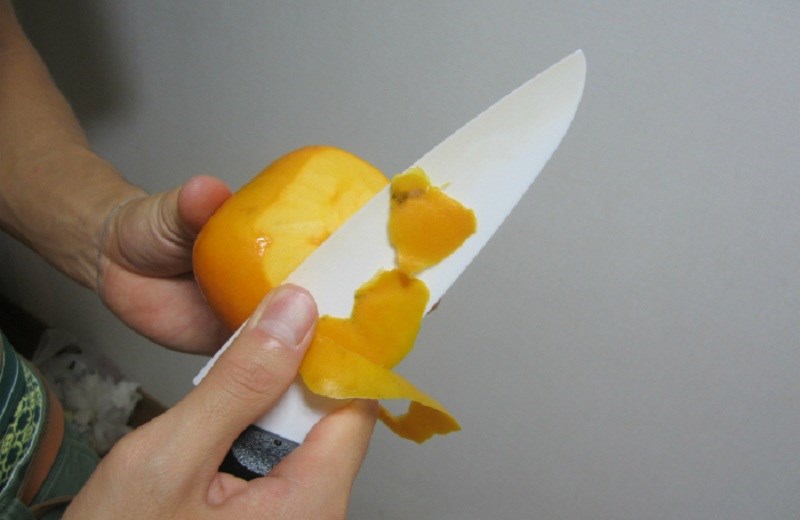
Goose meat, being rich in protein, can react with the tannin in persimmons and result in the formation of tannic acid protein precipitates. These substances can accumulate in the stomach, causing abdominal pain, high fever, and possibly life-threatening conditions without prompt treatment.
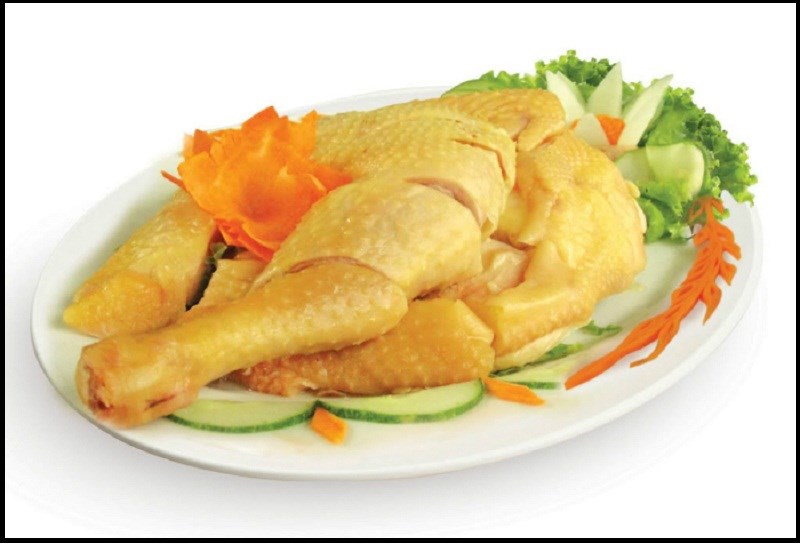
Simultaneous consumption of persimmons and alcohol can result in gastrointestinal obstruction. Persimmons possess cooling properties according to Traditional Chinese Medicine, while alcohol has a slightly bitter and hot toxic nature. The interaction between persimmon tannin and alcohol in the stomach can form a sticky substance that combines with cellulose to create solid masses, hampering digestion and preventing natural expulsion, potentially leading to intestinal obstruction.
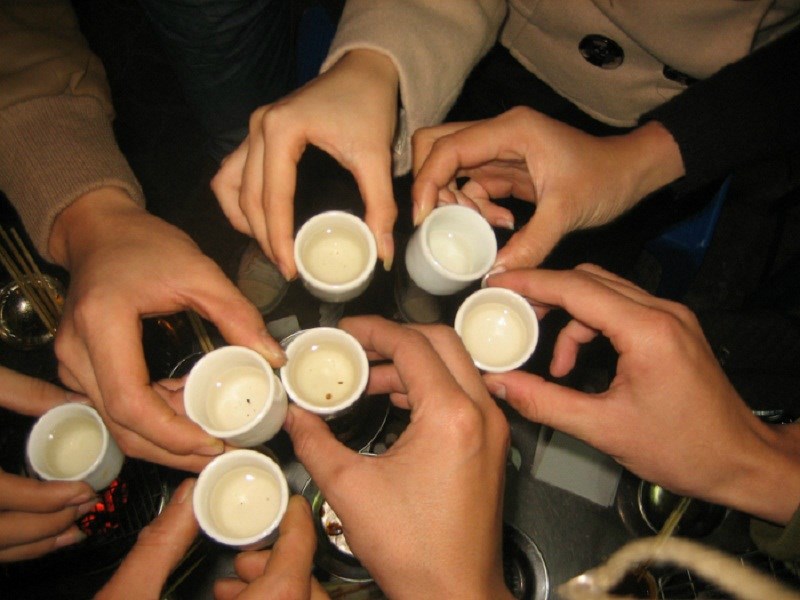
Consuming persimmons together with sweet potatoes poses a significant threat to the stomach. Sweet potatoes contain significant amounts of starch, which can trigger excessive gastric acid production. When combined with persimmons, the tannin and pectin in persimmons precipitate under gastric acid influence, resulting in undissolvable stones. In severe cases, gastrointestinal bleeding or ulcers can occur, jeopardizing health. It is advisable to consume sweet potatoes and persimmons at least 5 hours apart.
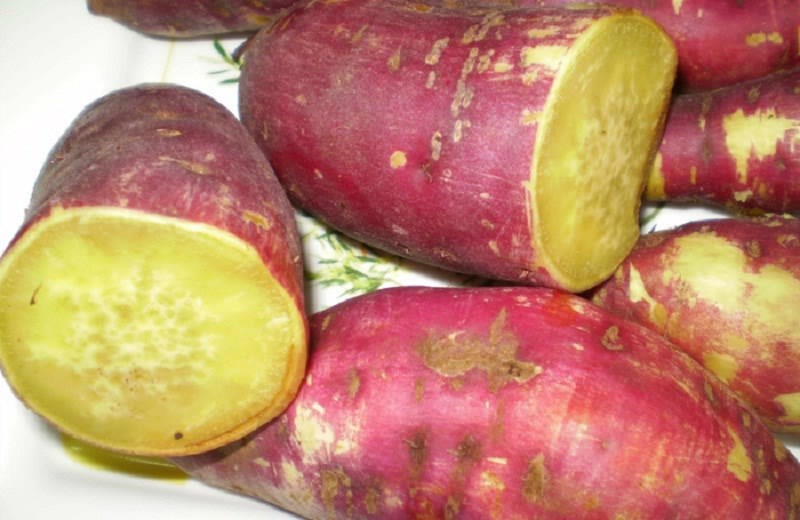
Similar to goose meat, seafood such as shrimp, crab, and squid are rich in protein. These proteins can interact with persimmon tannin, causing precipitation and discomfort in the stomach. To prevent bloating, digestion difficulties, and potential stone formation in the stomach, it is recommended to consume seafood and persimmons with a time gap of at least 2 hours.
